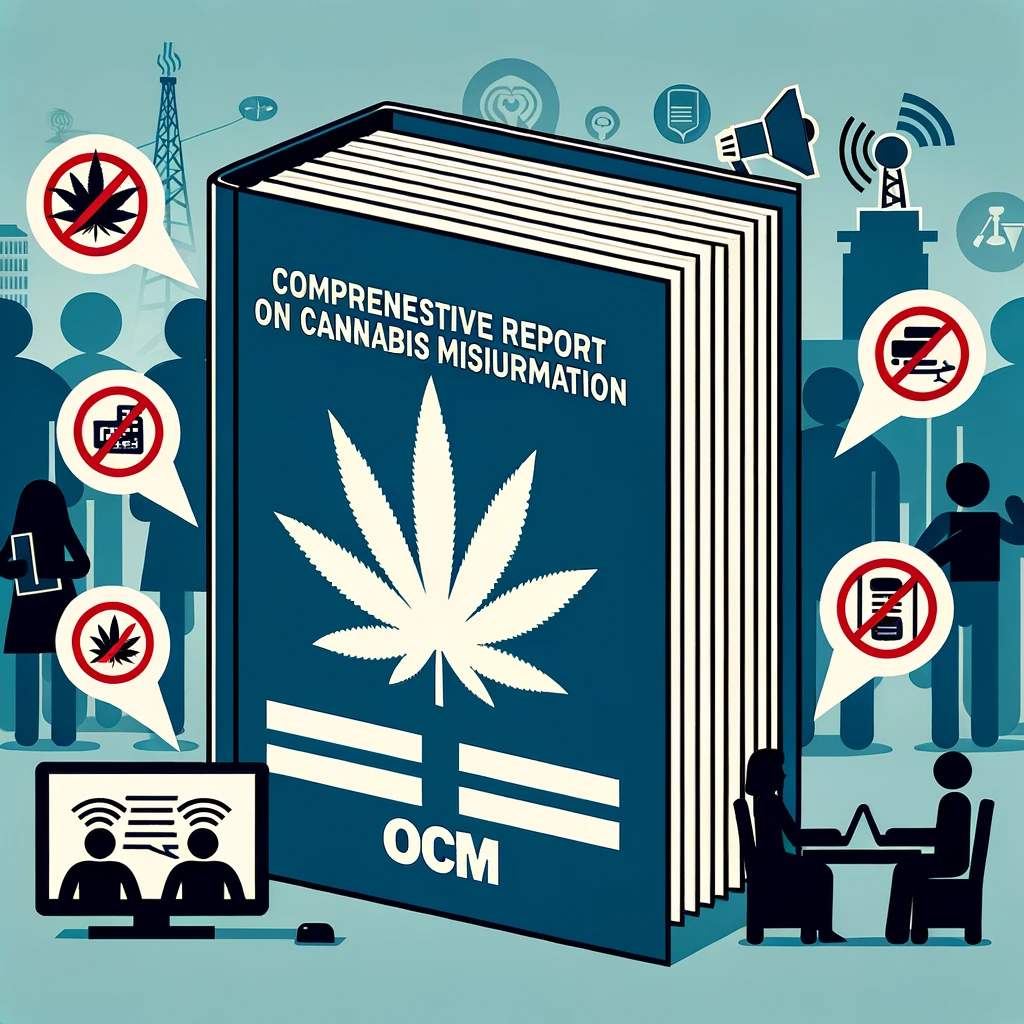Debunking Fentanyl and Cannabis Misconceptions
NEW YORK- The New York Office of Cannabis Management (OCM) has released a comprehensive report addressing the widespread misinformation suggesting that cannabis is being contaminated with fentanyl. This misinformation has been perpetuated through various channels, from law enforcement narratives to political leaders.
The report titled “Cannabis and Fentanyl: Facts and Unknowns” aims to separate fact from fiction, stating that as of its publication, there have been no substantiated claims of fentanyl-contaminated cannabis.
It was observed that the opioid stigma prevalent in healthcare settings can lead to mistrust, causing individuals to provide inaccurate self-reports or not admitting opioid use. Addressing this, the OCM recommends promoting overdose prevention through evidence-based interventions to mitigate stigma.
One significant challenge lies in the testing for fentanyl on cannabis flowers. While there are testing strips for substances like heroin, cocaine, methamphetamine, MDMA, and pressed pills, there’s a dearth of reliable methods for cannabis flower. The report underlines that, to date, no one has died as a result of fentanyl contamination in cannabis. However, it does emphasize the dangers associated with unregulated cannabis products, which might contain unknown contaminants.
Previously, substances like K-2, commonly known as spice, have been marketed as cannabis products, misleading consumers about their actual contents. Hence, the OCM concludes by recommending the purchase of legal cannabis products that undergo rigorous lab tests.
This misinformation has been evident even at the highest levels of governance. In August 2023, Florida Gov. Ron DeSantis, during a speech at the Never Back Down Super PAC in Iowa, voiced concerns about the potency of modern cannabis compared to the variants from 30-40 years ago. He alluded to the potential risk of fentanyl contamination, which echoes the sentiments that the OCM report aims to counteract.
Yet, the dangers of fentanyl, separate from cannabis, are very real. A staggering 517,500 fentanyl pills, disguised as “M30” oxycodone, were confiscated by the San Bernardino Sheriff’s Office within just one week. In 2021 alone, San Bernardino County mourned the loss of 354 lives due to fentanyl overdoses. Nationally, data from the National Center for Health Statistics highlighted a concerning statistic: over 106,000 overdose deaths occurred in 2021, with 70,601 attributed to synthetic opioids, including fentanyl.
Experts, like Dr. Peter Grinspoon, a medical cannabis specialist, emphasize the danger of conflating misinformation. It jeopardizes the credibility of official sources, rendering them ineffective in their communication about genuine threats.
In the evolving landscape of cannabis legalization and the genuine crisis presented by opioids, ensuring clarity and accuracy in information dissemination is crucial. The OCM’s latest report is a step in that direction, emphasizing evidence over anecdote.


































